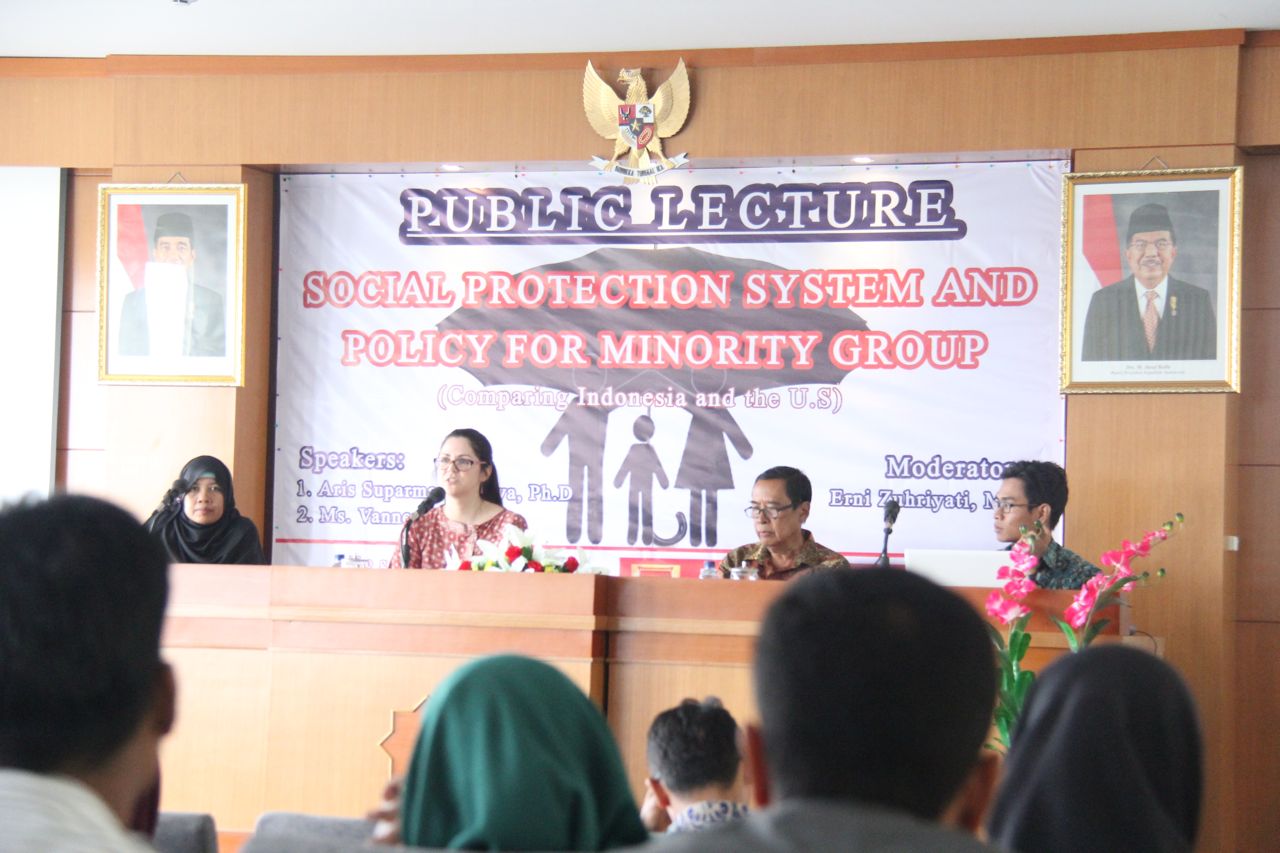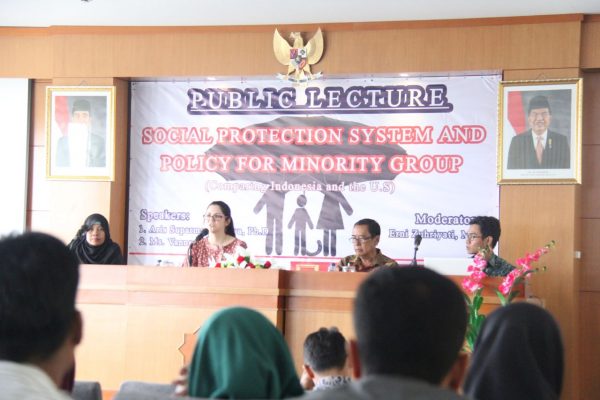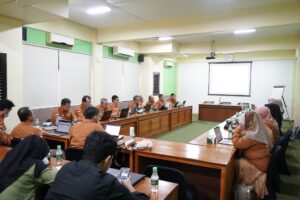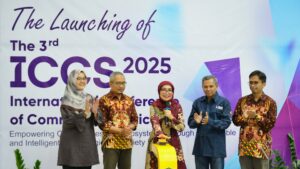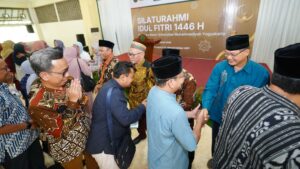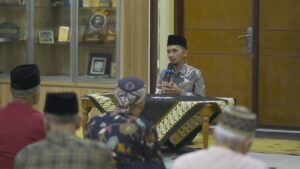Minority categories of each country are distinct, so is Indonesia that its minority categories are different from categories in the U.S. For one reason, minority in the U.S. is who come from other countries, while minority in Indonesia is displaced old people, the disabled, waifs under 5 years old, violence victims, family having social-psychological issues, HIV/AIDS sufferers, and NAPZA victims.
Others identified as minority are children facing law, street children, children having social issues, children entailing special security, vagrants, beggars, and scavengers. The other minority is trafficking victims, migrant workers having social issues, and social disaster victims. They are the ones who need more concern from government and social department. Hence, an appropriate solution is necessary to encounter the issues of minority. One of the solutions is by social workers.
The aforementioned paragraphs were uttered by Aris Suparman Wijaya, Ph.D. as the speaker of public lecturer of “Social Protection System and Policy for Minority Group (Comparing Indonesia and the U.S.)” on Tuesday (9/6). The event was organized by Master of Governmental Studies, International Programme of Governmental Studies (IGOV), and Jusuf Kalla School of Government (JKSG) of Universitas Muhammadiyah Yogyakarta (UMY) in seminar room, floor 4, Postgraduate Building of UMY.
According to Aris, social worker is a program that the minority could utilize aids they get as fund for creating business. The program does not entirely hinge on government, but it entails another public involvement. It aimed at overcoming the emerging issues together well. “Indonesian minority should not become beggars or the ones always gaining aids but they have to get training in enhancing their entrepreneur skills. Thus, I coin the program of social workers for the minority by governmental aids,” he conveyed.
The social worker program, Aris continued, was conducted by gathering people including the minority, to make their life more challenging. “Additionally, we invite them to visit other areas to find business opportunities. After seeing the business in the areas, they get training and work in group to decide what business they would run for living their life,” stated the lecturer of UMY.
Aris expected that, through the program, the minority would not depend on the government anymore. In the second year, it is hoped that they would have possess their own business by fund from government. “They may not educate them to always hinge on us, but we ought to assist how they later could help other people. That is the main point,” he inserted.
Furthermore, Ms. Vanessa Guest, a representative of the U.S. Embassy to Indonesia, stated that the U.S. possess policy to assist the disabled. They have equal right to normal people. “Americans appreciate much the disabled. The U.S. government provides certain facilities for them such as transportation and telecommunication,” she asserted.
